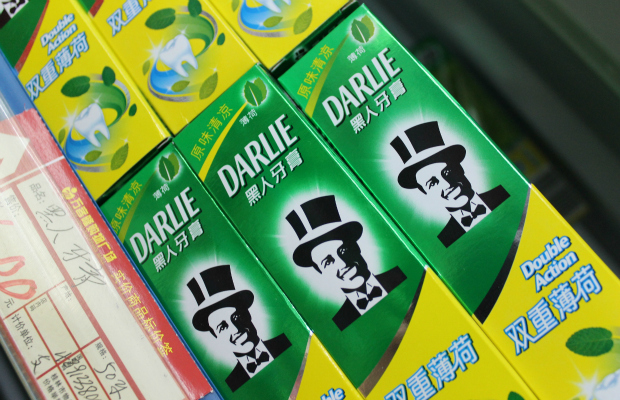
By Isaac Stone Fish
WASHINGTON, DC – On Friday, China’s largest English language newspaper China Daily launched Africa Weekly, a supplement that “will look at the precise nature of Chinese involvement in Africa and also the prominent role many Africans play in China.”
African Diplomats Falling Over
The announcement on the government-owned China Daily, featured quotes from Chinese and African diplomats falling over each other to praise how this initiative will improve mutual understanding, especially Africans understanding of China: “Minister of Culture Cai Wu said the weekly will will give African people a comprehensive and reliable guide to China” and “Abdul’ahat Abdurixit, president of the Chinese-African People’s Friendship Association, said the launch of an Africa edition by China Daily “will surely help improve communication between China and Africa.”
“Chocolate City”
Improving African understanding of Chinese is a great goal, though it probably wouldn’t hurt if Chinese expanded their views of Africans. During a China-Africa summit in 2006 billboards lining the road to the airport featured purporting to “glorify” Africans; though at least one, featuring a tribesman with a bone through his nose, depicted a Papua New Guinean. A month before a 2012 China-Africa summit in July, Africans rioted in Guangzhou after a Nigerian was found dead in police custody; “the Chinese social media response to the latest protest in Guangzhou was dismayingly xenophobic,” wrote Time‘s Hannah Beech, who also noted that the districts were Africans congregate in Guangzhou are known as ‘chocolate city.’
While there’s plenty of anecdotal evidence out there, it’s hard to generalize about what Chinese think about Africans without being hypocritical, so I’ll just quote what a Chinese English teaching recruiter once told me in Beijing: “We try not to hire black people. They tend to scare the children.”
“Black People Toothpaste”
One prominent example of the gulf in racial understanding between Chinese and Africans is “Black People Toothpaste,” one of the most popular toothpaste brands in China, which I wrote a story about for Newsweek in 2010, and which a Colgate spokesman I spoke with on Friday confirmed is still 50 percent owned by his company.The logo features a minstrel singer wearing a top hat, backed by a white halo and flashing a smile of blindingly white teeth. The brand is so widespread it’s even engendered a popular knock-off brand, “Black Younger Sister Toothpaste.”
“Black People Have Whiter Teeth”
Black People Toothpaste used to be called Darkie in English, but an outcry against Colgate when the news was reported in the United States in the late 1980s caused the brand to change the English name to the less offensive Darlie, and to change the logo from offensive and sinister to just offensive.
“The only difference between black people and white people is that black people have whiter teeth,” Wu Junjie, who works for a Taiwanese fast food restaurant in Beijing, told me in 2010.
Before China Daily and other state organs can successfully highlight the “prominent role” Africans play in China, it probably wouldn’t hurt if less Chinese people associated black people with toothpaste.
The AfricaPaper: Isaac Stone Fish is an associate editor at Foreign Policy Magazine in Washington, DC. Previously a Beijing-based correspondent for Newsweek and The Daily Beast, he has written on subjects ranging from China’s love affair with rogue states, Xinhua News Agency’s global expansion plan, and the Dalai Lama’s effect on international trade. His articles have also appeared in The Economist, Los Angeles Times, and the International Herald Tribune.




